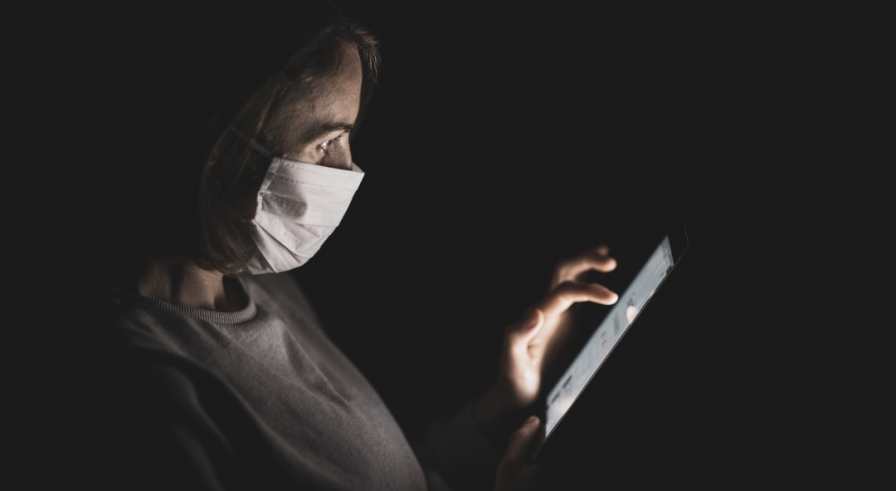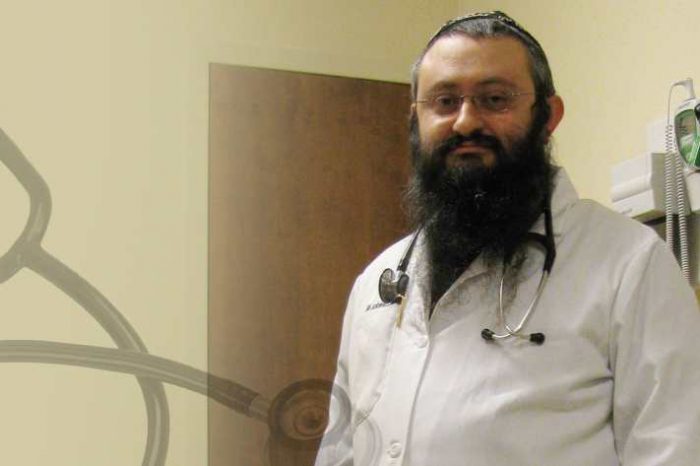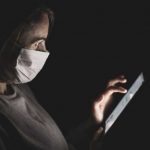From zero waste to zero spread: Zabble deploys suite of free monitoring tools to stop coronavirus spread from hospitals and essential businesses

Zabble is a provider of real-time analytics for zero waste programs to institutions and corporations to help monitor their zero waste programs. Now, the company is helping medical organizations and businesses identify protective gear shortages and potential contamination. As coronavirus spreads around the country, the startup further decided to retool its Zabble Zero app to help medical organizations and essential businesses prevent the spread of COVID-19 in their facilities.
Today, Zabble announced it is dedicating its expertise and offering free tools to combat the spread of COVID-19 in multiple ways. To further help hospitals and businesses, Zabble is also offering custom sign-generating software and downloadable information for managers to display crucial information in the workplace.
The company is tackling one opaque, yet possibly significant vector for viral spread: discarded personal protective equipment (PPE) and cleaning items from medical facilities and essential services like grocery stores, food distributors and online retailers
Founded in 2106, the San Francisco, California-based Zabble’s mobile technology empowers building and sustainability managers to track the success of their zero waste programs. Its cloud-based enterprise mobile platform digitizes and streamlines waste data collection and maintenance process for waste management field professionals, connect back office systems and uses machine learning algorithms so supervisors can get real-time actionable insights and recommendations that speed up their processes by more than four times.
“PPE disposal is already a significant part of the hospital waste stream, with one study finding that PPE accounted for 43% of all solid waste from hospitals,” said Nik Balachandran, Zabble’s CEO. “With hospitals and essential businesses facing significant stress on their service capacity, PPE may be incorrectly disposed of. Hospital staff are working long hours to save lives, while workers at essential businesses put in extra shifts to keep shelves stocked and ship out goods. If infected PPE ends up in the wrong bin, COVID-19 could unknowingly spread to workers who sort solid waste by hand.”
Flattening the curve of viral spread means not only social distancing, but also closing off each path that COVID-19 can spread through, including the waste stream from hospitals and essential businesses.




